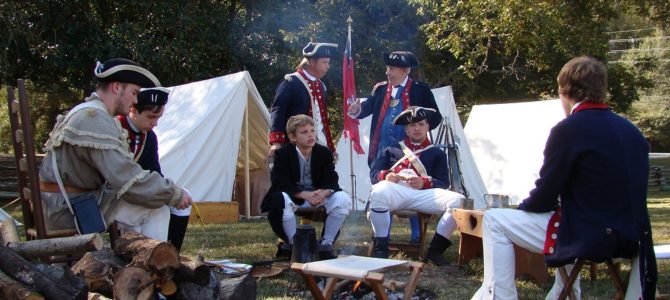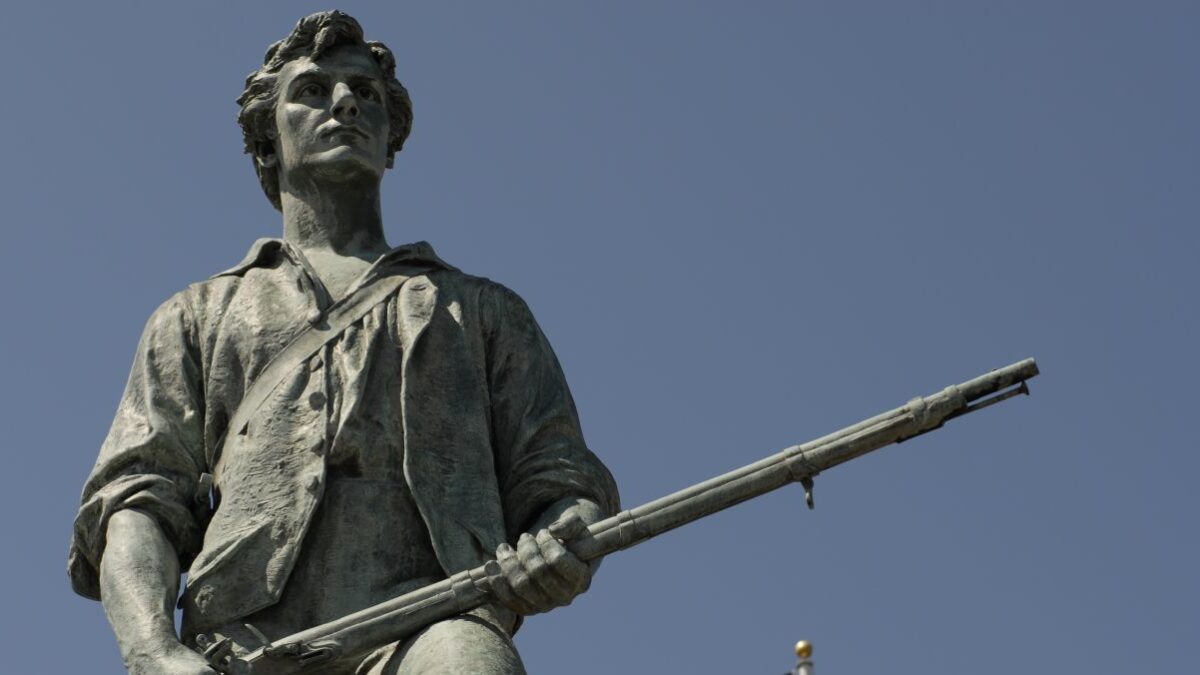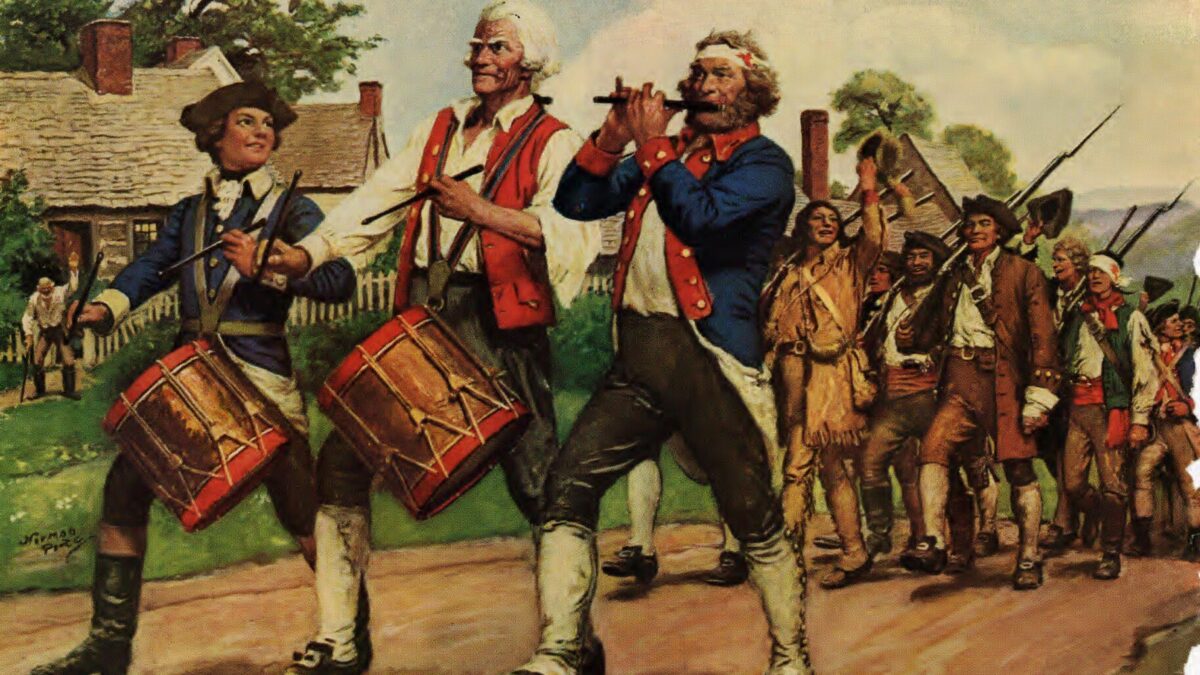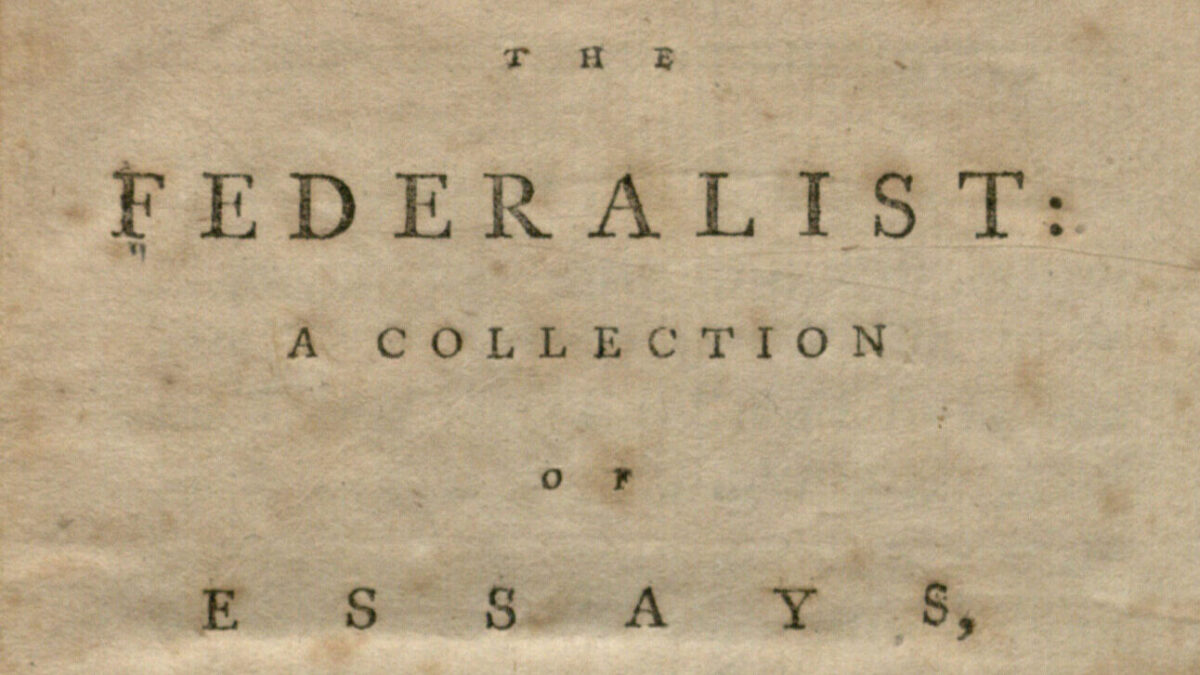
Government shutdowns have become increasingly common in the last decade, and many Americans view this as a failure of our ability to compromise. Whether reflecting on the 2013 shutdown over Obamacare, the 2018 battle over legalizing foreigners present in our country illegally, or the current dispute over a border wall, politicians on both sides have shown an inability to work with each other while virtue signaling to their respective bases.
Such obstinacy is not without historical precedent. In fact, it dates back at least to the 1750s in colonial South Carolina. Between 1751 and 1776, government shutdowns were a regular part of the colony’s politics. These shutdowns concerned fundamental constitutional disagreements among the British ministry, the colonial legislature, the governor, and the governor’s council. Most importantly, the shutdowns were an important means by which the colonists prepared to resist the British in the American Revolution.
This era of government shutdowns in South Carolina was a period of brinkmanship. The most aggressive actor in each instance was the colonial legislature, the South Carolina Commons House of Assembly.
Members of the legislature refused to compromise on any constitutional principles, mostly concerning their status as an independent legislature and their sole authority over their colony’s finances. The legislators fought fiercely to protect their liberties and privileges against British ministers, the governor’s council, and the governor. The Commons House repeatedly threatened to shut down the government rather than agree to legislation it opposed.
The first major shutdown in South Carolina occurred in 1756, over which body had more authority to act as a legislature: the Commons House or the Governor’s Council. The Council asserted it had a historical right both to advise the governor and to serve as a legislative upper house similar to the British House of Lords.
Specifically, the councilors insisted on their right to modify money bills initiated by the Commons House. The Commons House denied the Council’s right to sit as an upper house and its authority to modify legislation regarding public funds. In the view of the Commons House members, they were the only legislature and the only body capable of managing public funds.
The issue came to a climax when the members of the Council and the Commons House refused to pass the colony’s annual tax bill. In the mid-eighteenth century, South Carolina funded its government through an annual tax bill roughly equivalent to today’s modern omnibus packages. If the tax bill were not passed, the government could not function.
Since 1754, the Council and the Commons House threatened not to pass a tax bill unless the constitutional dispute between the two bodies was resolved. The Council and Commons House barely cooperated long enough to pass the 1755 annual tax bill, but by 1756 the issue arose again.
By the 1756 tax bill controversy, the threat of war with the French and Indians added a sense of urgency to funding the government. The governor requested emergency military spending to defend the western frontier in a conflict that would later be known as the French and Indian War.
The looming crisis at first had little effect as members of the Council and the Commons House engaged in a scathing newspaper war in The South Carolina Gazette. Both bodies also appealed to the governor to settle the issue.
In the meantime, they vowed not to conduct any public business until the constitutional issue was resolved. Public business ground to a halt until a new royal governor arrived and the Council agreed to temporarily waive its rights out of concern for the public good.
There were two other major government shutdowns during the Imperial Crisis between the colonists and the British shortly before the American Revolution. In both instances, the members of the Commons House ceased to conduct public business in order to defend their liberties, control public finances, and ensure government by laws to which they consented.
The first shutdown occurred in 1762 as a result of the Gadsden election controversy. Christopher Gadsden, a member of the South Carolina Commons House and later designer of the “Don’t Tread on Me” flag, was a staunch advocate of colonial rights and a known rabble rouser. His political activism was bothersome to Gov. Thomas Boone, who sought any means to prevent his election.
Boone found grounds to do so after Gadsden was elected in 1762. He took advantage of a loophole in the law to declare Gadsden’s election void and dissolve the assembly. When the legislature pushed back, the result was a 19-month standoff in which the Commons House and governor struggled over who had the constitutional authority to determine the validity of elections.
The government completely shut down between 1762 and 1764, when Boone admitted defeat and sailed for England. The government reopened, and the legislature became increasingly aggressive after their constitutional victory.
The next shutdown came in 1769 and became known as the Wilkes fund controversy. Like the Gadsden election controversy, the Wilkes fund debacle also centered on constitutional issues. The Commons House signaled their displeasure with the increase of British taxation by appropriating £1,500 sterling to John Wilkes and the Society of Gentlemen Supporters of the Bill of Rights. Wilkes was an infamous, radical publisher who challenged royal authority, spent five years in exile in France, and was tried and imprisoned for libel after criticizing a royal speech and accusing King George III of lying.
The legislature’s support of Wilkes was a bold challenge to both British authority and the king. The members of the Commons House never backed down, insisting that they had the sole privilege of appropriating public money and could disperse the funds as they saw fit.
They cleverly appropriated the Wilkes funds in the annual tax bill, meaning the only way for the governor to prevent the appropriation was to reject the entire tax bill and shut down the government once more. The governor and the Council were unwilling to do so, and the tax bill passed, along with the contribution to the Wilkes Fund.
The British Board of Trade was outraged. In response, the ministers required all future tax bills from South Carolina to have restrictions on how funds were to be used. The South Carolina Commons House objected, arguing that any limitation on appropriations implied that another, unelected authority could levy taxes.
The colonists argued this was a serious violation of British liberties, and South Carolinians refused to pass another tax bill after 1769, effectively preventing the government from functioning. The Commons House did continue to meet for two more years, but no legislation was passed after 1771. As South Carolinians encountered the American Revolution, they had been without a government for years.
Quarrels over omnibus bills, funding the government, and avoiding government shutdowns all appear to be uniquely modern problems. However, they can all be traced back to the late colonial and revolutionary periods in American history.
South Carolinians were not afraid of shutting down the government unless political or constitutional demands were met, and they used the tactic effectively against British officials to secure their rights and achieve their political aims. As historians are prone to say, everything has a history. That includes government shutdowns—a phenomenon older than the country itself.









